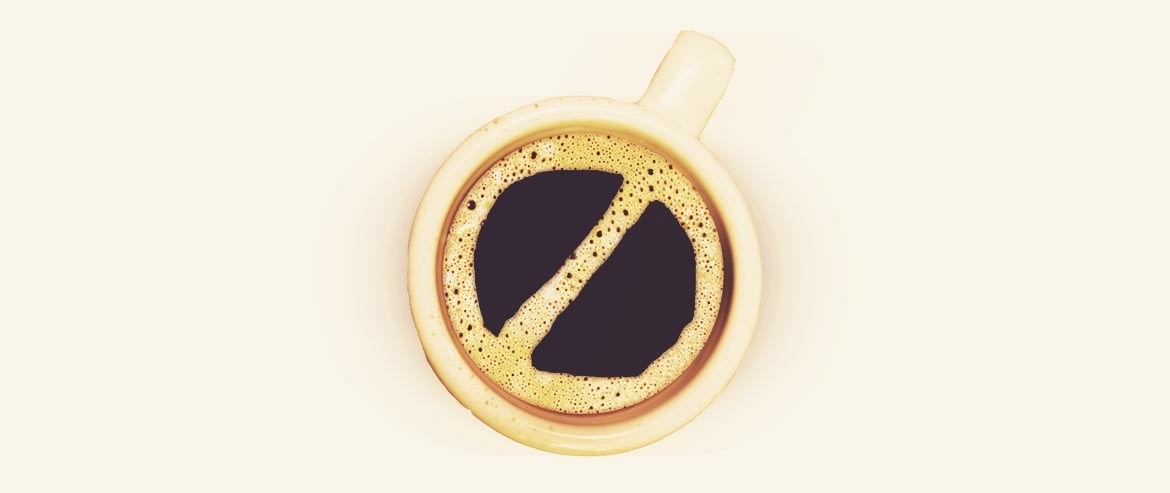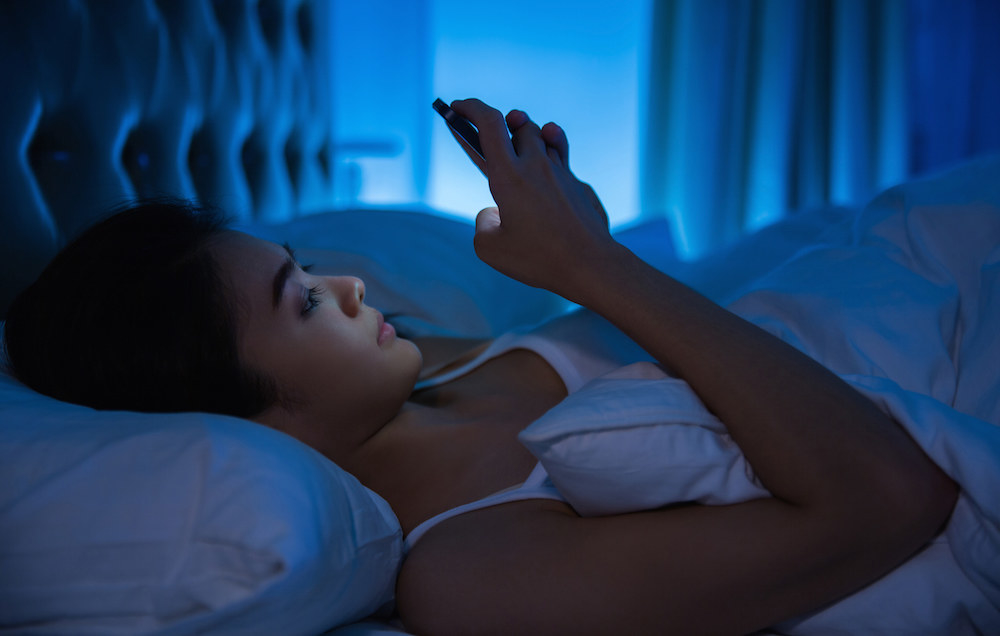This work is a classroom product for the undergraduate Epidemiology (POPM*3240) course at the University of Guelph, and represents students’ thinking. It is not necessarily representative of the opinions of the University of Guelph.
Ever stayed up late to work on an assignment, chugging caffeinated drinks and typing away on a computer?

Ever expected relief when you finally sleep, only to wake up as groggy and tired as you were when you went to bed?

You're not alone. Researchers at one university in the south eastern United States decided to find out how common these feelings were (Gaultney, J. F., 2010).

Other than waking up feeling tired, there are more common signs of a sleep disorder including:
Falling asleep during the day or in class...

...taking more than 30 minutes to fall asleep...

...frequently going to bed after midnight...

...and having decreased concentration (Canadian Sleep Society, 2005).

Sleep disorders can often have long-term consequences that can lead to more than “feeling tired”.
Overall sleep deprivation can lead to decreased self-control, motivation, concentration, and can even slow brain development (Canadian Sleep Society, 2005)! These factors not only affect your academic career, but can affect workplace performance by increasing mistakes and decreasing punctuality (Canadian Sleep Society, 2005). Like a domino knocking over others, decreased academic or work performance can lead to decreased mood and self-esteem, increasing incidence of depression and isolation from peers (Canadian Sleep Society, 2005).
Many students often don’t realize the impact that sleep deprivation has on their academic and personal life!

Some students may wonder: “Why can’t I just use coffee to pick me up in the morning?”

How can you change your habits to truly avoid sleep deprivation?
Here are some good sleep hygiene practices that can help you get some ~dreamy~ sleep:
Going to bed at least an hour before midnight and getting 7-9 hours of sleep per night (Canadian Sleep Society, 2005)...

...Avoiding caffeine and other stimulants (Division of Sleep Medicine, 2007)...

...Exercising earlier in the day (before 5pm) (Division of Sleep Medicine, 2007)...

...Turning off electronic devices (e.g. laptops, smartphones) at least 30 minutes before bedtime (Division of Sleep Medicine, 2007)...

...And not eating/drinking too much foods or liquids before bed (Division of Sleep Medicine, 2007).

Remember: Proper sleep has been associated with higher overall grades and graduating students (Gaultney, 2010).

So study hard and get to bed!

Try our quiz to check if you should visit your doctor to talk about sleep habits:
https://www.buzzfeed.com/biohome/are-you-at-risk-of-a-sleep-disorder-2k5zy?utm_term=.ecJKm2kxd#.imd7y8rbw
References
1.Canadian Sleep Society. (2005). Adolescents and sleep: A guide to the sleep-deprived world of teenagers. Retrieved from https://css-scs.ca/files/resources/brochures/sleep_adolescents.pdf
2.Division of Sleep Medicine. (2007). Twelve simple tips to improve your sleep. Harvard Medical School. Retrieved from: http://healthysleep.med.harvard.edu/healthy/getting/overcoming/tips
3.Gaultney, J. F. (2010). The prevalence of sleep disorders in college students: Impact on academic performance. Journal of American College Health, 59(2). 91-97. doi: 10.1080/07448481.2010.483708
4.Killgore, W. D. S. (2010). Effects of sleep deprivation on cognition. Progress in Brain Research, 185. 105-129. doi: 10.1016/B978-0-444-53702-7.00007-5
5.Leproult, R., Copinschi, G., Buxton, O., & Van Cauter, E. (1997). Sleep loss results in an elevation of cortisol levels the next evening. Sleep, 20(10). 865-870. Retrieved from: https://www.researchgate.net/profile/Rachel_Leproult/publication/13814201_Sleep_Loss_Results_in_an_Elevation_of_Cortisol_Levels_the_Next_Evening/links/5668386308ae34c89a05d330/Sleep-Loss-Results-in-an-Elevation-of-Cortisol-Levels-the-Next-Evening.pdf

